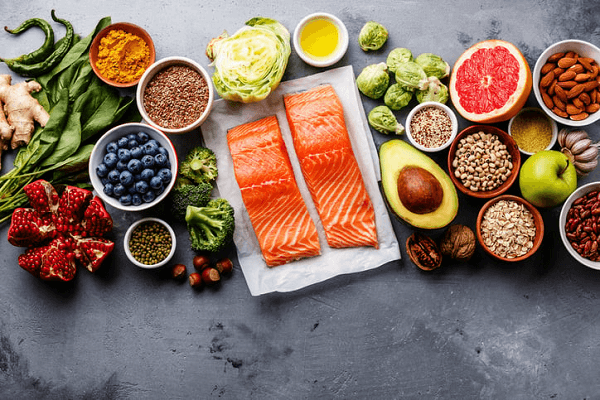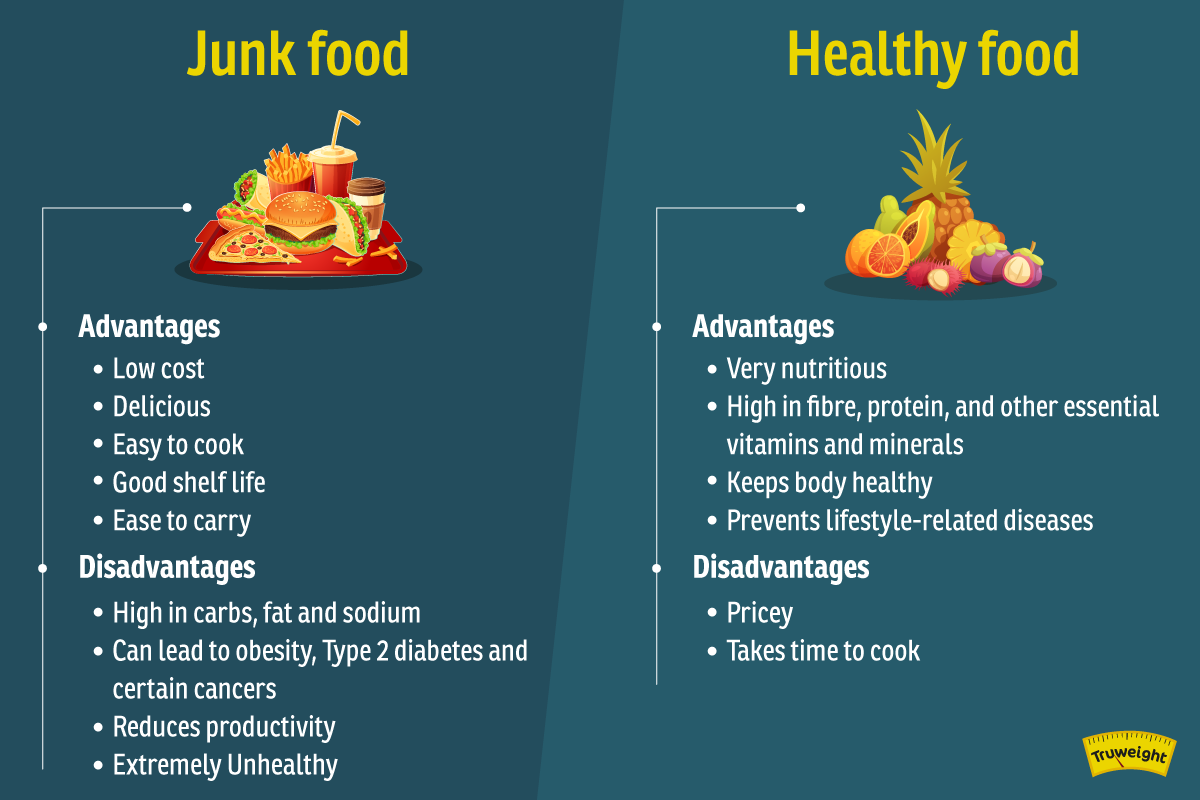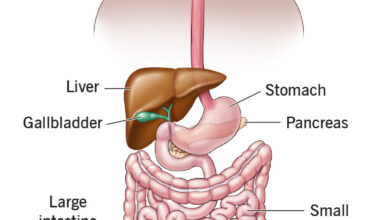What are the Advantages And Disadvantages of Healthy Food: Insights

### Advantages and Disadvantages of Healthy Food Healthy food boosts energy levels and improves overall health. It may be more expensive and time-consuming to prepare.
Eating healthy food can transform your life in multiple ways. Consuming nutrient-rich foods like fruits, vegetables, and lean proteins enhances physical and mental well-being. These foods provide essential vitamins and minerals that support bodily functions and fortify the immune system.
Healthy eating also reduces the risk of chronic diseases, including heart disease and diabetes. On the downside, healthy foods often come with a higher price tag. Preparing balanced meals can also require more time and effort compared to grabbing fast food. Despite these drawbacks, the long-term benefits of a healthy diet far outweigh the inconveniences.

Credit: beckdietsolution.wordpress.com
Nutritional Benefits
Eating healthy food has many advantages. It provides essential nutrients for our body. Healthy food helps us stay strong and active. Below are some key nutritional benefits.
Vitamins And Minerals
Healthy food is rich in vitamins and minerals. These are necessary for various body functions. Vitamin C boosts the immune system. Vitamin D supports bone health. Iron helps in forming red blood cells. Calcium strengthens bones and teeth.
| Vitamin/Mineral | Function | Sources |
|---|---|---|
| Vitamin C | Boosts immunity | Oranges, strawberries, bell peppers |
| Vitamin D | Supports bone health | Sunlight, fish, fortified milk |
| Iron | Forms red blood cells | Spinach, red meat, beans |
| Calcium | Strengthens bones | Milk, cheese, broccoli |
Improved Digestion
Healthy food improves digestion. Foods high in fiber help our digestive system. Fiber-rich foods prevent constipation. They keep our bowels moving smoothly. Fruits, vegetables, and whole grains are good sources of fiber.
- Fruits: Apples, bananas, berries
- Vegetables: Carrots, spinach, kale
- Whole Grains: Oats, brown rice, quinoa
Health Impacts
Healthy food can greatly impact your health. It helps prevent diseases and manage weight. Let’s explore these health impacts in detail.
Disease Prevention
Eating healthy foods can prevent many diseases. Fruits and vegetables are rich in vitamins. They boost your immune system. Whole grains lower the risk of heart disease. Lean proteins help build muscle and repair tissues.
Healthy foods reduce the risk of diabetes. They help maintain stable blood sugar levels. Antioxidants in fruits and vegetables fight free radicals. This lowers the risk of cancer.
Weight Management
Healthy foods are low in calories and high in nutrients. They help you feel full longer. This aids in weight management. Fiber-rich foods like oats and beans are very filling. They reduce the urge to snack between meals.
Healthy fats like those in avocados and nuts are satisfying. They provide energy without adding extra weight. Healthy eating plans focus on balance. They include a mix of all food groups.
Economic Considerations
Understanding the economic considerations of healthy food is crucial. While it’s true that healthy foods can sometimes be more expensive, there are significant financial benefits in the long run. This section will explore the economic aspects of choosing healthy foods, focusing on the immediate costs and long-term savings.
Cost Of Healthy Foods
The cost of healthy foods can be higher than processed foods. Fresh fruits, vegetables, and organic products often come with a premium price. This can be a barrier for many families on a tight budget.
- Fresh fruits and vegetables can be costly.
- Organic products are often more expensive than non-organic.
- Lean meats and fish also tend to have higher prices.
Despite the higher costs, investing in healthy foods can offer numerous benefits. It can lead to better health and well-being. Many find the higher costs worth the investment.
Long-term Savings
Choosing healthy foods can lead to long-term savings. While the upfront costs may be higher, the benefits over time can outweigh these initial expenses.
- Reduced medical bills due to better health.
- Fewer sick days and higher productivity.
- Lower insurance premiums with improved health.
Eating healthy can reduce the risk of chronic diseases. This includes heart disease, diabetes, and obesity. Avoiding these conditions can save significant amounts of money on healthcare.
Investing in healthy foods can also improve mental health. This can lead to better performance at work and school. The economic benefits of healthy eating are clear and substantial.
| Economic Aspect | Impact |
|---|---|
| Initial Cost | Higher |
| Long-term Healthcare Savings | Significant |
| Productivity Benefits | Increased |
While the initial costs of healthy foods can be a challenge, the long-term savings and benefits make them a wise choice. Understanding these economic considerations can help make informed decisions about diet and health.

Credit: possible.in
Social And Cultural Factors
Healthy food has many benefits and some downsides too. Social and cultural factors play a big role in food choices. These factors can impact how and what we eat.
Food Accessibility
Food accessibility refers to how easy it is to get healthy food. In some areas, fresh fruits and vegetables are hard to find. This can make it hard to eat a balanced diet. Some people live in food deserts. These are places with few healthy food options. In these areas, fast food is more common. This makes it hard to choose healthy options.
In cities, healthy food may be easier to find. Many grocery stores carry a variety of fresh foods. Farmers’ markets are also common. These places offer local and fresh produce. This makes it easier to eat healthily. But, prices can be high. Not everyone can afford these options.
Cultural Preferences
Cultural preferences also affect food choices. Different cultures have different foods they prefer. Some cultures eat a lot of rice and fish. Others may eat more bread and meat. These preferences can affect how healthy the diet is. Some traditional foods are very healthy. Others may be high in fats and sugars.
Eating together is an important part of many cultures. Family meals can be a time to share and enjoy food. But, not all traditional foods are healthy. Making small changes can help. For example, using less oil or salt in recipes can improve health. This way, people can enjoy their traditional foods and stay healthy.
Potential Drawbacks
Healthy food offers many benefits, but it has some drawbacks too. Some challenges can make it hard to maintain a healthy diet. Let’s explore these potential drawbacks.
Limited Availability
Healthy food isn’t always easy to find. In some areas, fresh produce is rare. People in these regions might struggle to get fruits and vegetables. They may rely on processed foods instead. This can lead to poor nutrition.
Here is a quick comparison of food availability:
| Location | Availability of Healthy Food | Availability of Processed Food |
|---|---|---|
| Urban Areas | High | Moderate |
| Rural Areas | Low | High |
Personal Preferences
Not everyone likes the taste of healthy food. Some people prefer sweet or salty snacks. They might find vegetables and fruits less appealing. This can make it hard to stick to a healthy diet.
Common preferences include:
- Sweet treats like candy and chocolate
- Salty snacks like chips and pretzels
- Fast food such as burgers and fries
These preferences can impact a person’s food choices. Healthy eating requires a balance between taste and nutrition.

Credit: www.linkedin.com
Frequently Asked Questions
What Are The Advantages And Disadvantages Of A Healthy Diet?
A healthy diet boosts energy, improves mood, and reduces disease risk. It can be costly and time-consuming to maintain.
What Are The Advantages Of Healthy Food?
Healthy food boosts energy, improves mood, strengthens immunity, aids weight management, and reduces the risk of chronic diseases.
What Are The Advantages And Disadvantages Of Healthy And Unhealthy Food?
Healthy food boosts energy, improves mood, and prevents diseases. Unhealthy food leads to weight gain, low energy, and health issues. Choose wisely.
Conclusion
Choosing healthy food offers numerous benefits for your body and mind. While it may have some limitations, the positives outweigh the negatives. Prioritize nutrient-rich foods to enhance your well-being. Embrace a balanced diet to achieve a healthier lifestyle. Remember, your food choices today shape your health tomorrow.


